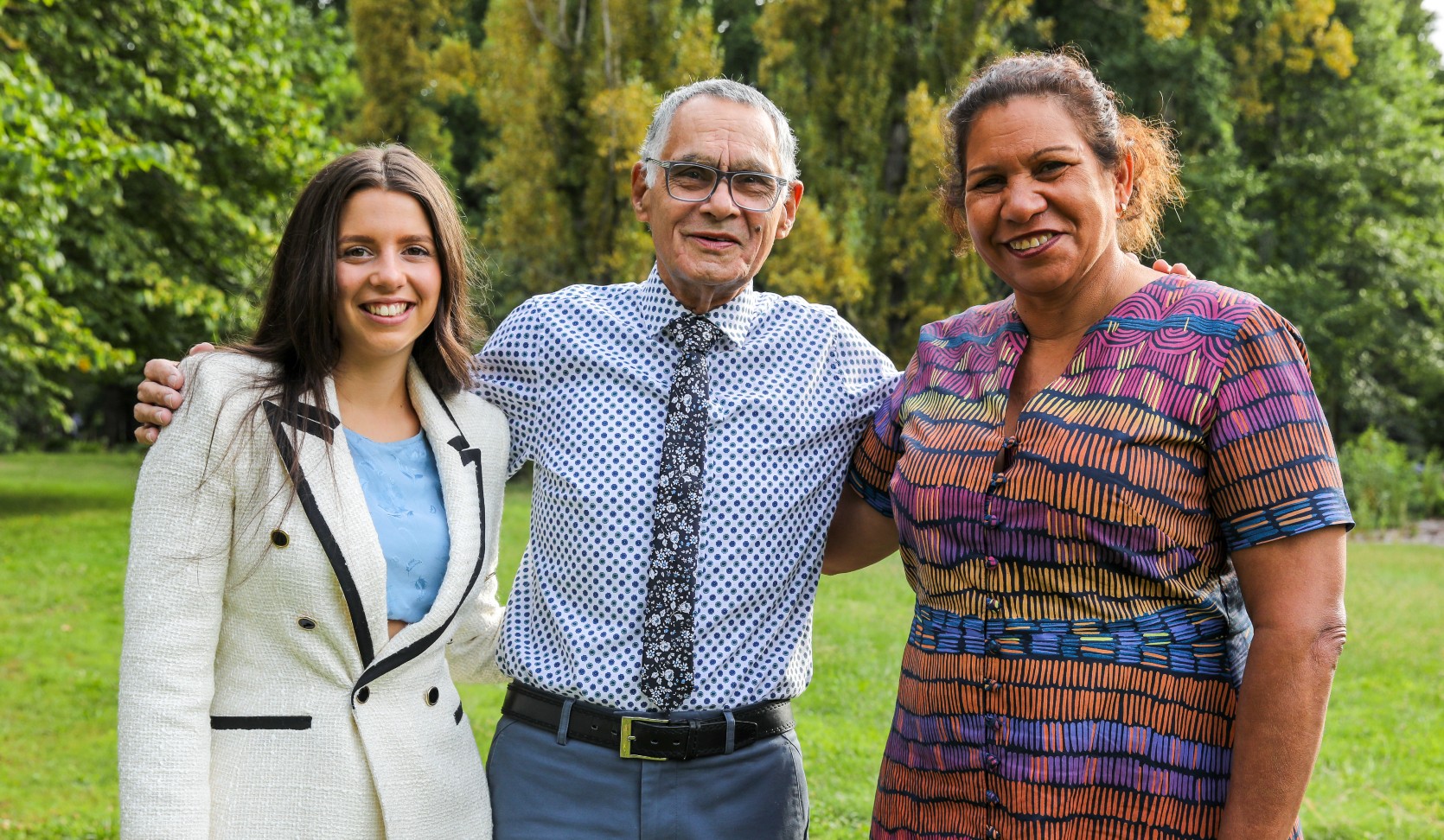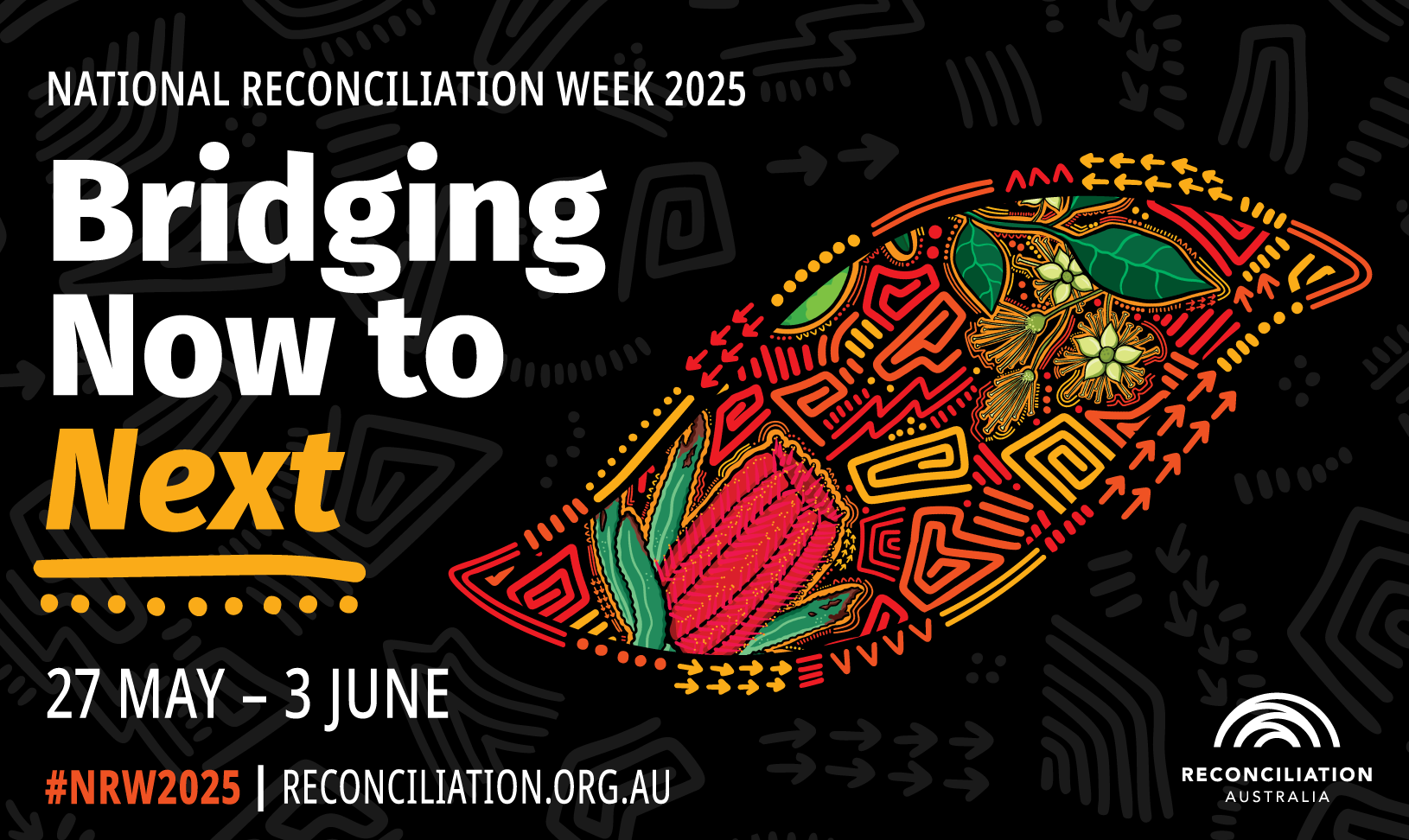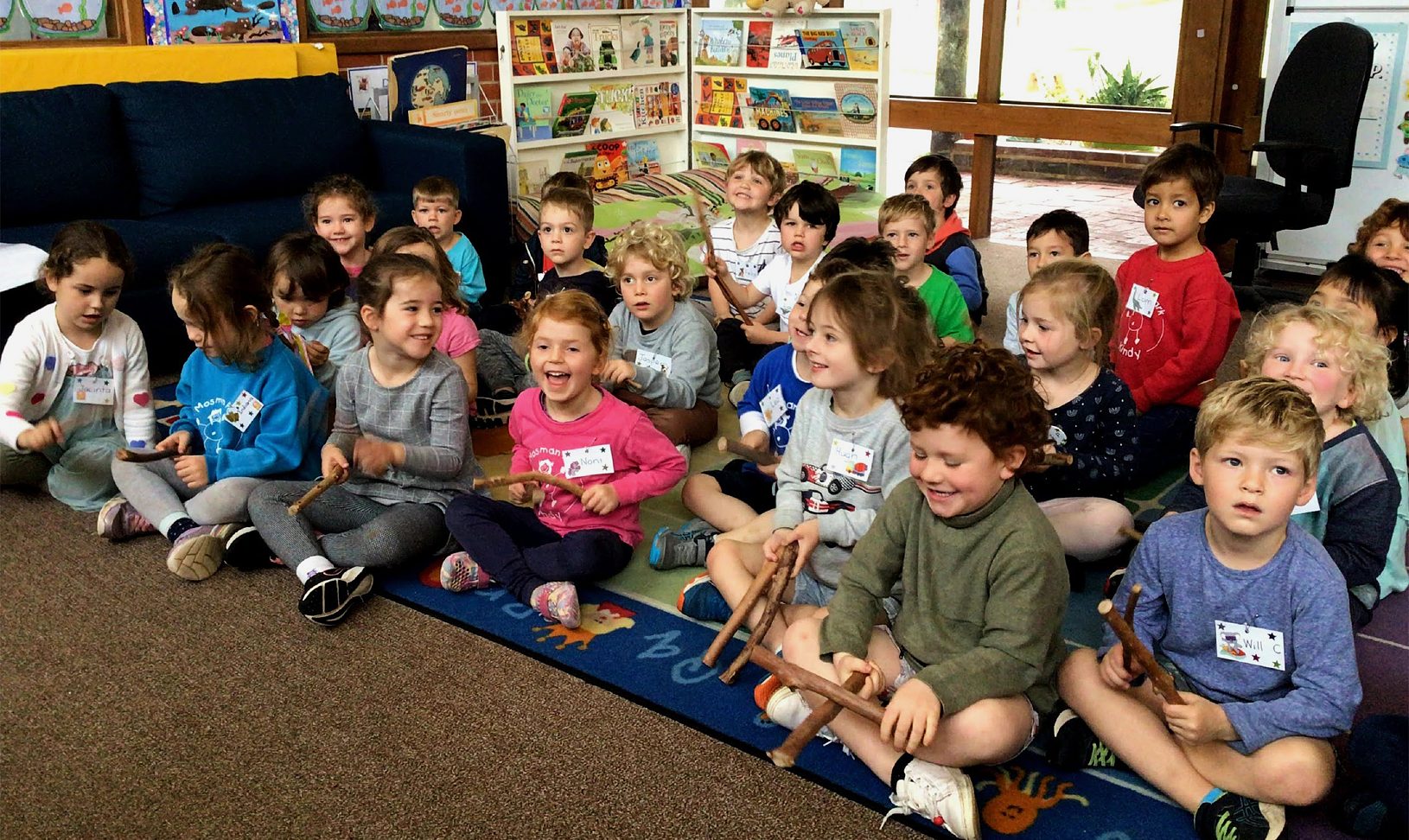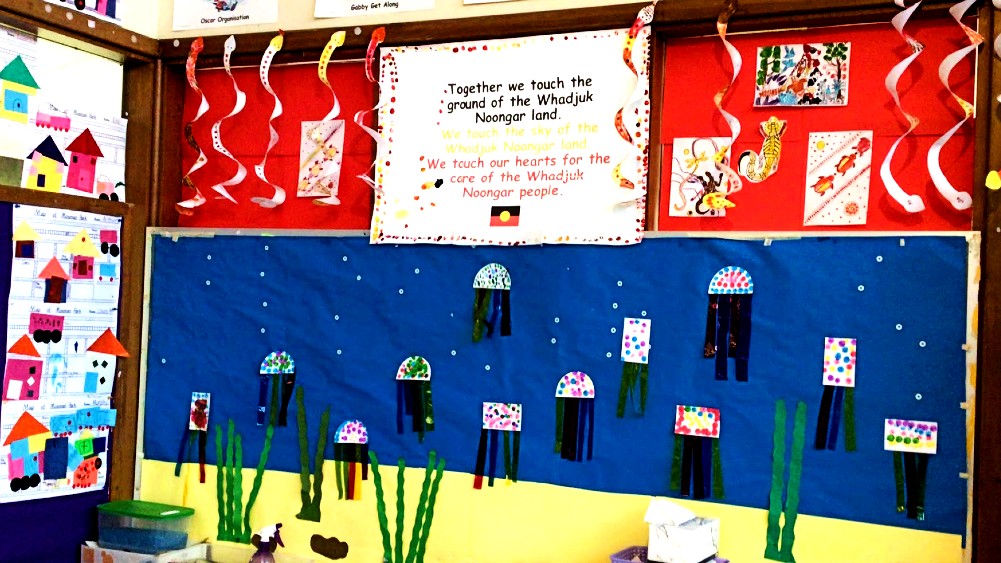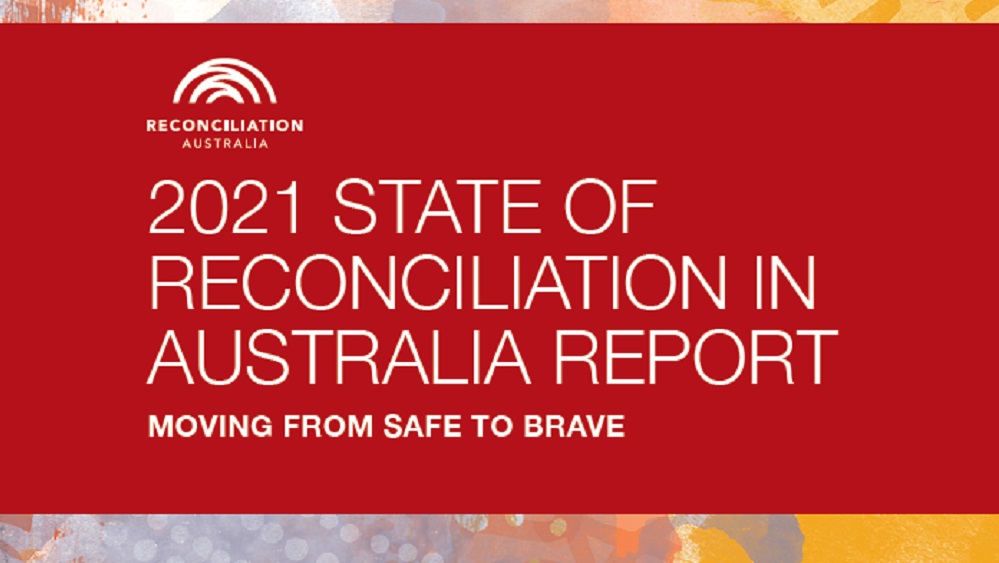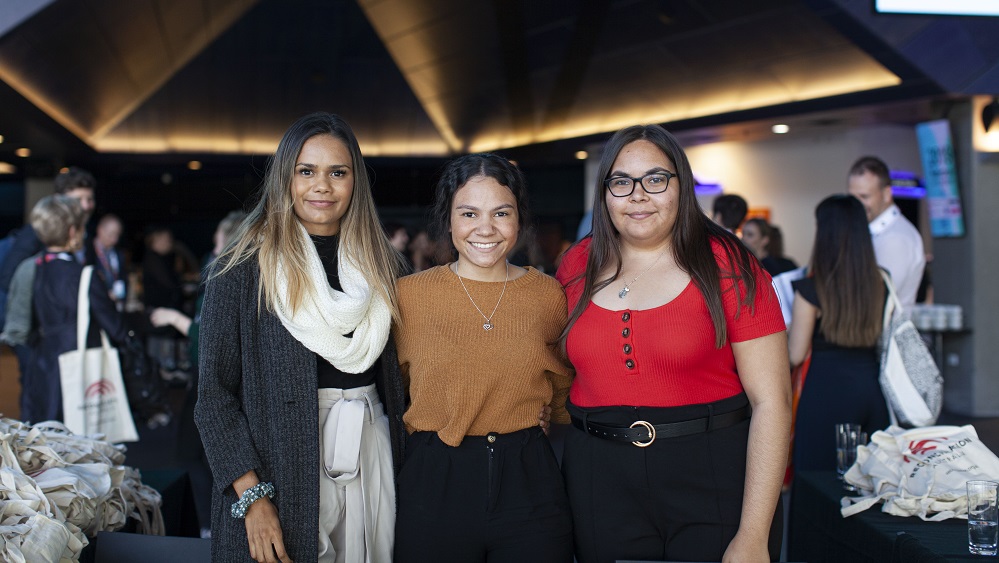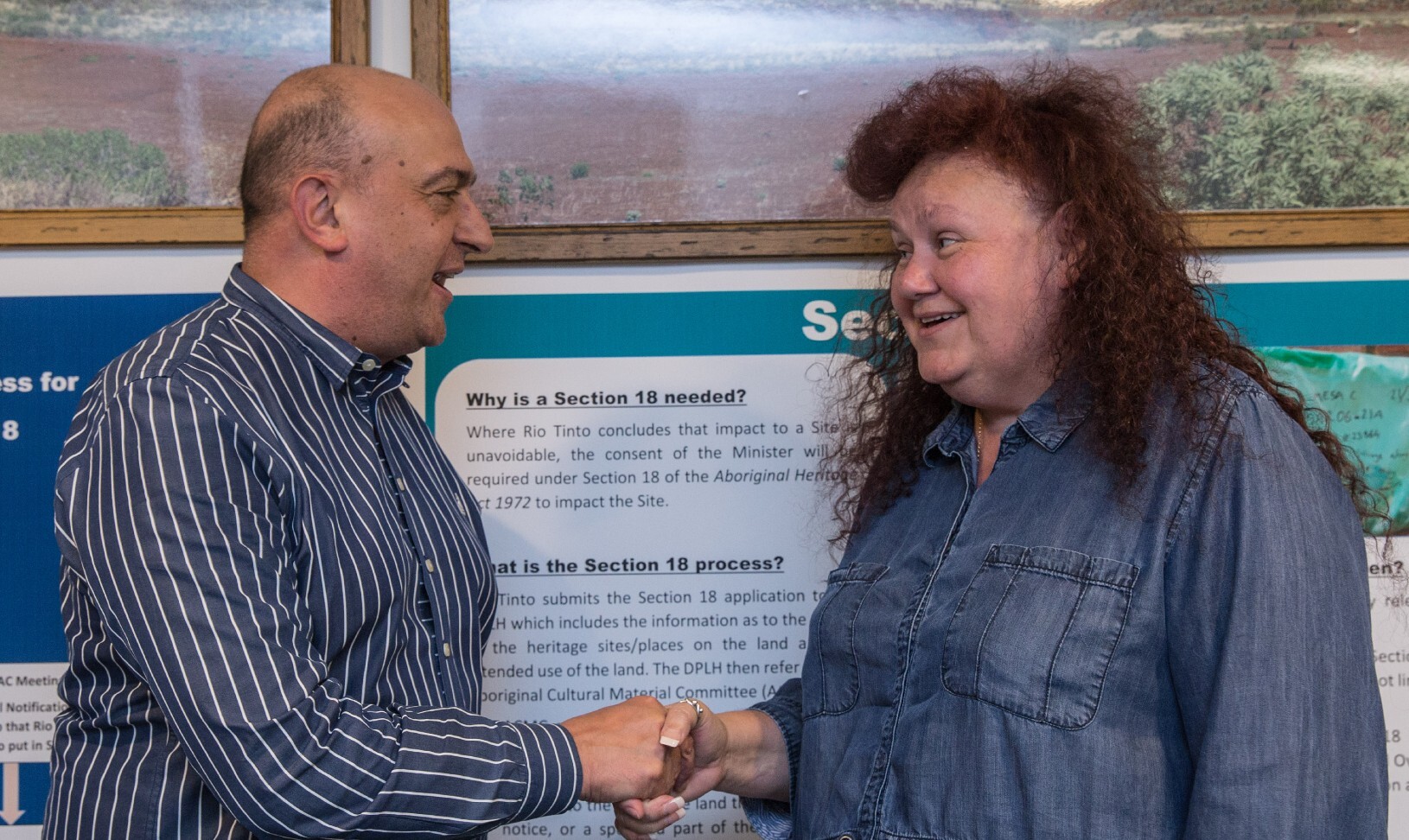


2022 Australian Reconciliation Barometer
2022 Australian Reconciliation Barometer
The 2022 Australian Reconciliation Barometer research shows that Australia’s journey towards reconciliation and greater justice for First Nations peoples is on track.
National Reconciliation Week
Latest News
Latest News
Check out the latest news, media releases, stories, and updates from Reconciliation Australia on the News and Media page.
In 2021 Reconciliation Australia marked 20 years as the lead body for reconciliation in Australia. Our work promotes and facilitates reconciliation by building relationships, respect and trust between the wider Australian community and Aboriginal and Torres Strait Islander peoples.
Reconciliation in Education
Our Narragunnawali program has resources and Reconciliation Action Plans and for all Australian schools and early learning services.
Research and Policy
Reconciliation Australia’s research, advocacy, and policy and campaign support, underpins action on reconciliation.
Reconciliation Action Plans
Find out more about RAPs, how to develop one, who has a RAP and how we measure the combined impact.
We are an independent not-for-profit organisation which promotes and facilitates reconciliation by building relationships, respect and trust between the wider Australian community and Aboriginal and Torres Strait Islander peoples.
Slide
Indigenous Governance program
The Indigenous Governance Program supports governance, leadership and self-determination in First Nations-led organisations and communities. The Program shares stories of success and excellence in Aboriginal and Torres Strait Islander organisations through an online network, awards program and partnership opportunities
NRW
National Reconciliation Week
National Reconciliation Week – 27 May to 3 June every year – is a time for all Australians to learn about our shared histories, cultures, and achievements, and to recommit ourselves to reconciliation and the fight for First Nations justice in Australia.

